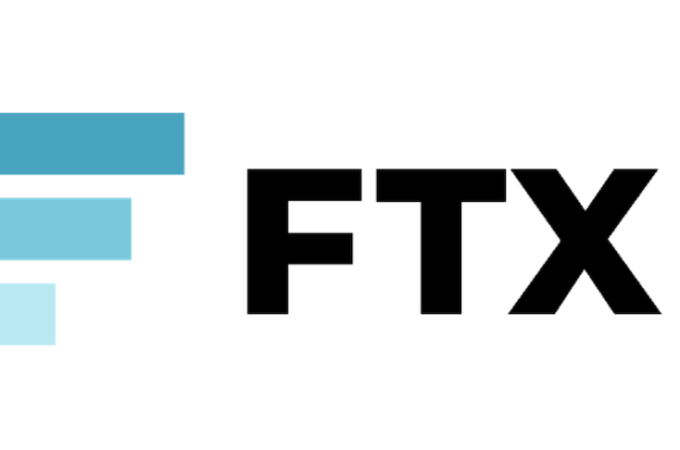
FASB Unleashes Crypto Accounting Standards for Transparent Financial Reporting
The Financial Accounting Standards Board (FASB) has stepped into the crypto arena with the issuance of Accounting Standards Update (ASU) No. 2023-08, marking a significant move to enhance the accounting and disclosure practices surrounding crypto assets. FASB Chair Richard R. Jones emphasized that the new standard is a response to widespread feedback, acknowledging the need to prioritize improvements in accounting and disclosure to better serve stakeholders.
The key focus of the ASU is to bring transparency to the valuation and reporting of certain crypto assets. Entities, including major players like MicroStrategy, Tesla, and Block, will now be required to measure their crypto holdings at fair value each reporting period, with changes in fair value impacting net income. This departure from the outgoing practice, which only recorded the lows, is a boon for companies navigating the volatile crypto landscape.
The amendments under the ASU aim to provide investors with more relevant information reflecting the underlying economics of crypto assets. The move is expected to not only enhance investor confidence but also reduce the complexity and costs associated with the current accounting model.
One notable shift is the requirement for companies to make a separate entry for crypto assets on their balance sheets. This move, coupled with the disclosure of significant holdings and any restrictions, ensures a more comprehensive understanding of an entity’s crypto portfolio. The annual reconciliation of crypto assets, broken down by category, further contributes to a clearer financial picture.
Effective for fiscal years beginning after December 15, 2024, with the option for early adoption, these rules are poised to reshape how companies approach crypto accounting. For companies with fiscal years that begin after Dec. 15, 2024, the rules will take effect in 2025 for calendar year-end companies. Edward McGee, CFO of Grayscale Investments LLC, hailed this development as a “commonsense accounting” gift, emphasizing the timeliness of these rules.
However, the FASB deliberately kept the scope of the rules narrow, excluding non-fungible tokens, stablecoins, and issuer-created tokens. Wrapped tokens, facilitating cross-blockchain transactions, are also outside the current purview, leaving the door open for future expansions based on industry evolution.
The crypto industry, represented by figures like Salman Khan, CFO of Marathon Digital, welcomes these rules as a step toward standardization. The clear guidelines, he believes, instill investor confidence and legitimacy, paving the way for broader adoption.
While the new rules bring much-needed clarity, challenges remain. Determining fair value, especially for certain types of cryptocurrencies, can be intricate. PJ Theisen, partner at Deloitte & Touche LLP, cautions that despite sounding straightforward, arriving at fair value for crypto assets can be a complex task.
FASB’s foray into crypto accounting, after resisting for years, aligns with the changing landscape where major companies increasingly hold cryptocurrencies. These rules not only mark a significant milestone in accounting standards but also come at a crucial juncture as US regulators tighten scrutiny on the crypto industry. The move is expected to foster transparency, build investor confidence, and propel the industry toward mainstream acceptance.





